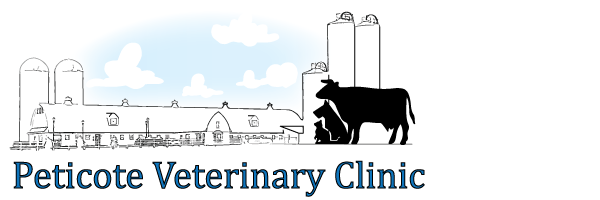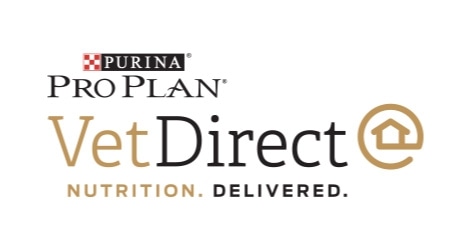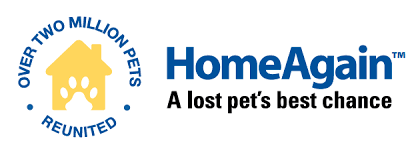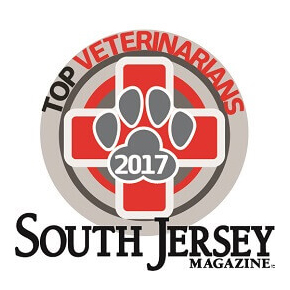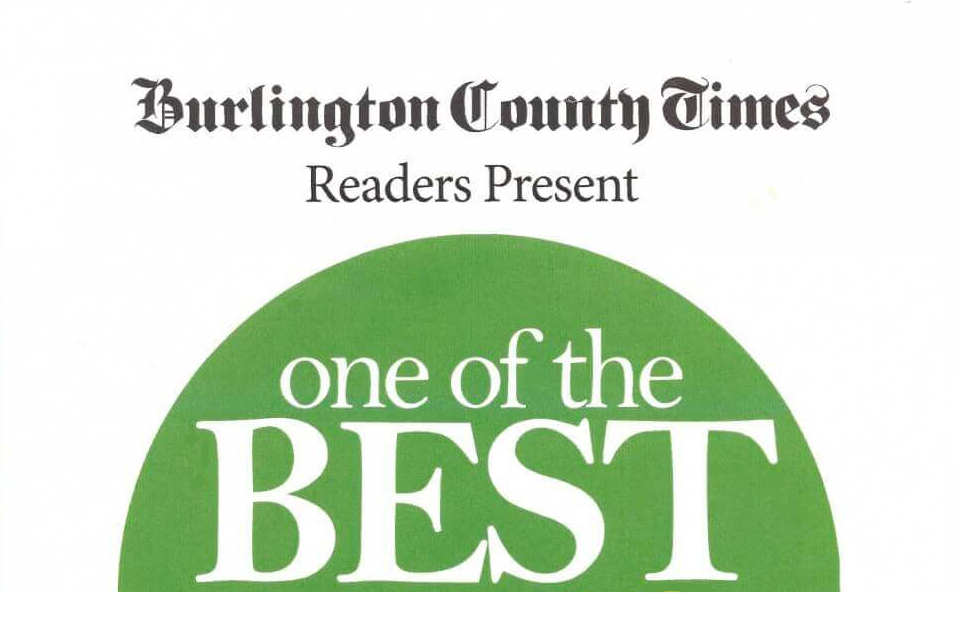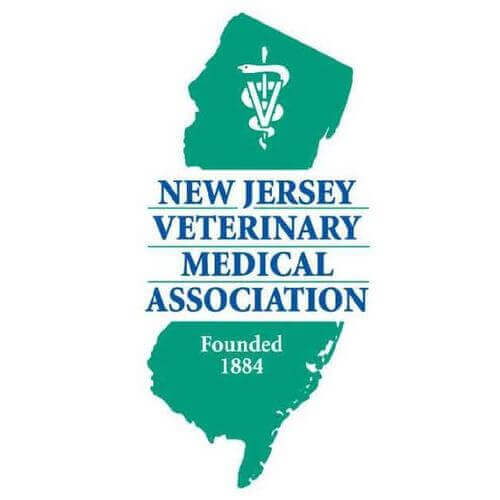|
Prevention of Accidental Poisoning
It can be a scary situation when your pet has ingested a toxic substance. Here are some tips generated by the ASPCA to help prevent poisoning in pets:
- Be aware of the plants you have in your home and yard. The ingestion of azalea, oleander, castor bean, sago palm, Easter lily or yew plant material by an animal can be fatal.
- Never allow your pets to have access to the areas in which cleaning agents are being used or stored. Cleaning agents have a variety of properties; some may only cause mild stomach upset, but others can cause severe burns of the tongue, mouth and stomach.
- Store all cleaners, pesticides, and medications in a secured area above the counter.
- When using rat, mouse, snail or slug baits, or ant or roach traps, place the products in areas inaccessible to animals. Most baits contain ingredients that can attract your pets.
- Never give your companion animals medication unless you are directed to do so by a veterinarian. Many medications that are safe for humans can be deadly for animals. For example, one extra strength (500mg) acetaminophen tablet could be fatal to a cat.
- Keep all prescription and over-the-counter drugs out of your pets’ reach, preferably in closed cabinets above the counter. Pain killers, cold medicines, anti-cancer drugs, antidepressants, vitamins and diet pills are all examples of human medications that can be lethal to animals, even in small doses. For example, one 200mg ibuprofen tablet could cause stomach ulcers in a small dog.
- Never leave chocolate unattended.
- Many common household items can be lethal to animals. Mothballs, potpourri oils, coffee grounds, homemade play dough, fabric softener sheets, dishwashing detergent, batteries, cigarettes, alcoholic drinks and hand and foot warmers are potentially toxic.
- Automotive products such as gasoline, oil and antifreeze should be stored in areas that are inaccessible to your pets. As little as one teaspoon of antifreeze can be deadly to a cat; less than one tablespoon can be lethal to a 20 pound dog.
- Before buying a flea product, consult your veterinarian, especially when treating sick, debilitated or pregnant pets.
- Read all of the information on the label before using a product on your pet or in your home. Always follow the directions.
- If a product is for use only on dogs, it should never be used on cats; if a product is for use only on cats, it should never be used on dogs.
- Make sure your companion animals do not enter areas in which insecticidal foggers or house sprays have been applied for the period of time indicated on the label.
- Make sure your pets do not go on lawns or in gardens treated with fertilizers, herbicides or insecticides until they have dried completely. Always store such products in areas that are inaccessible to your companion animals.
- If you are uncertain about the proper usage of any product, contact the manufacturer and/or your veterinarian for instructions.
The Pet Poison Helpline page has a great resource of information about what are toxins to your pets!
In the event that your pet does ingest a toxin, we highly recommend contacting a pet poison center to get further information about the toxin and it's treatment. Generally, these centers will give you a case number to reference which is extremely useful in our treatment of your furry friend!
Rapid action and correct advice are truly of critical importance. Don’t panic, but don’t delay either. Get to know these animal poison control resources listed below and keep their numbers handy – ideally programmed into your phone. Hopefully you will never need them, but in the event you do, you’ll be glad you’ve got them!
Resources
- ASPCA Animal Poison Control Center (ASPCA-APCC) – 1.888.426.4435. The ASPCA-APCC is staffed by board-certified veterinary toxicologists and specialist technicians with access to the largest veterinary-related toxin database available. The ASPCA were the pioneers in animal poison control and they provide a fantastic and valuable service. The expertise and guidance they provide is well worth the nominal fee typically charged. Their experts are available 24 hours a day, 7 days a week, and all 365 days of the year. There is typically a charge for this service, $65 at the time of writing. The ASPCA-APCC has produced a helpful smartphone app (available on both iOS and Android platforms) and also maintains a great online database of plants and flowers that are toxic to animals – complete with pictures and descriptions of the problems they cause.
- Pet Poison Helpline (PPH) - 1.800.213.6680. PPH is staffed by veterinarians and veterinary technicians with special training in animal poisonings; as well as board-certified veterinary toxicologists, internal medicine specialists, and emergency & critical care specialists. This resource is available 24 hours a day, 7 days a week, and 365 days of the year. As of the time of writing, the charge for this service is $49. PPH's helpful smartphone app is currently available on iOS only, but their website is mobile-friendly.
- Pets & Pesticides - If you have a pesticide-related question you can call the National Pesticide Information Center at 1.800.858.7378 or email them at npic@ace.orst.edu.
|
